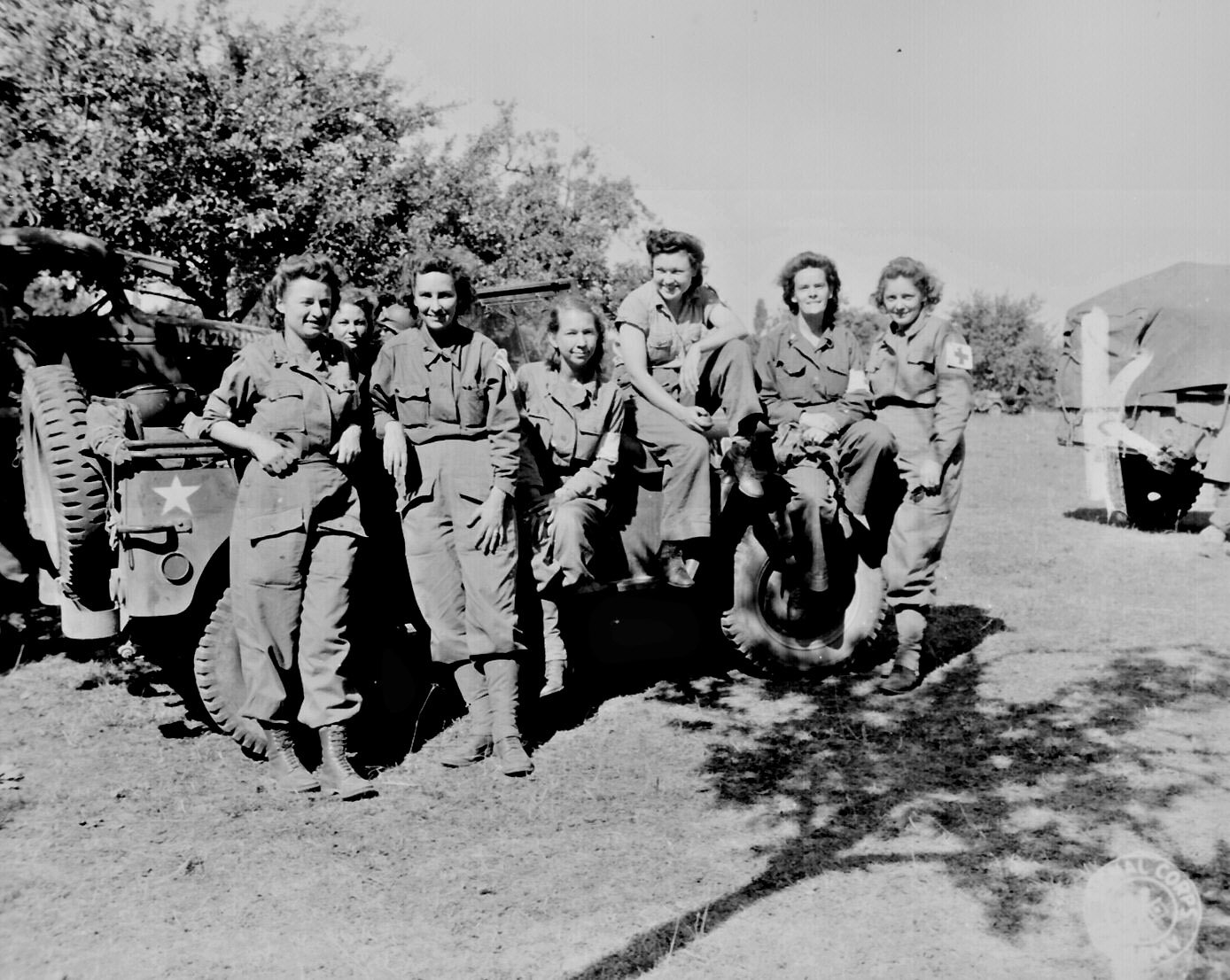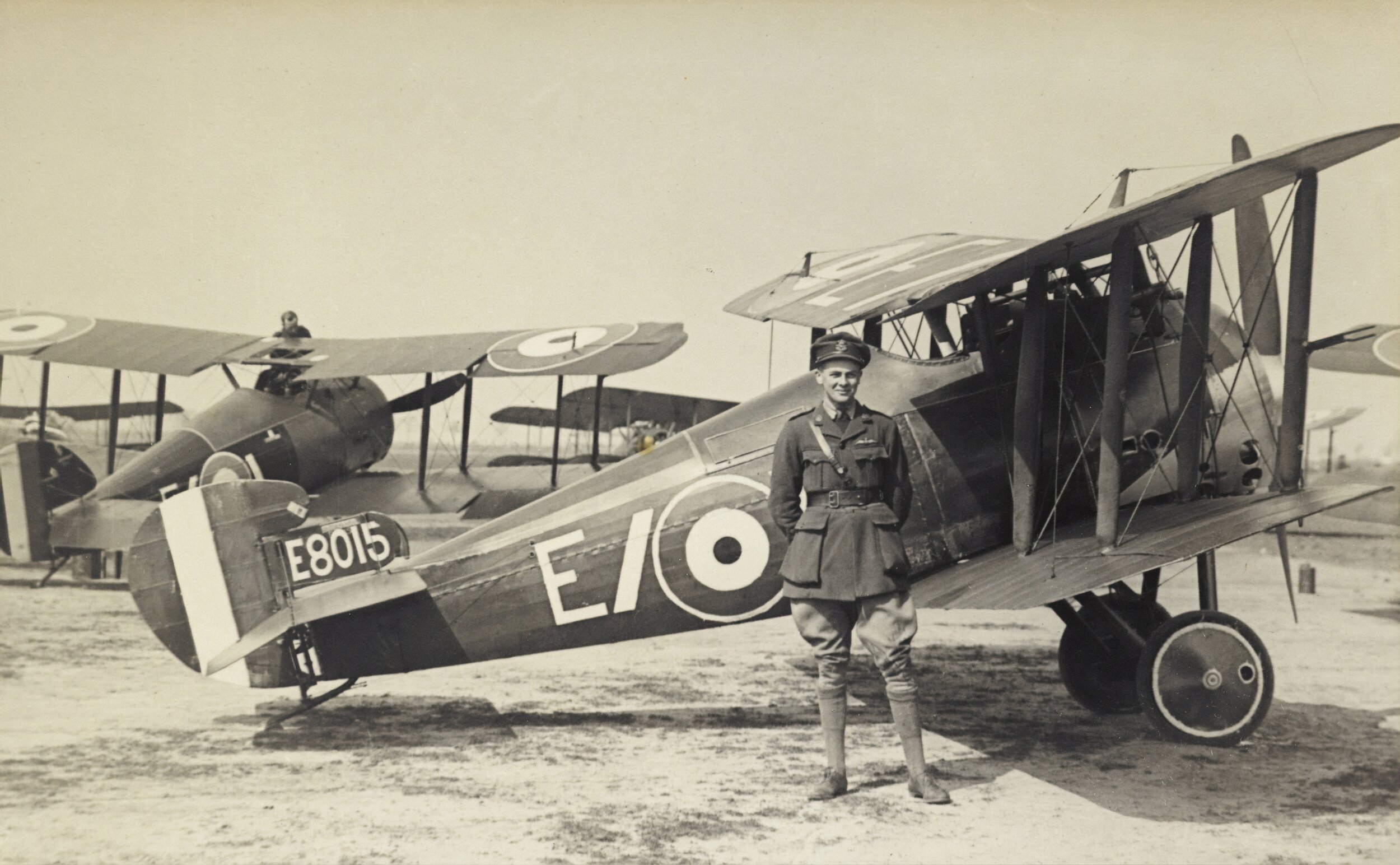
Military History at the Graduate Level
Some Inspiration…
Syllabi
If you are looking for inspiration for your next graduate military history course, you will find sample syllabi covering topics ranging from war and society to operational art. While many have been taught at civilian universities, several come from PME curricula.
Reading Lists
“Military History/War & Society Studies are for good or ill at the core of the human experience. War shapes peoples and nations through experience, the shaping of memory, and national narratives (often competing ones). Teaching military history, then, complements other history courses (because far too many ignore the war experience and its legacies), but more so educates students, instilling awareness of how the world today has been shaped by conflict, and to better understand conflict today. Understanding how Russia and China view war, how their national narratives have been shaped by war, is a crucial factor in dissecting the apparently aggressive stances Russia is taking against Ukraine and China in the Taiwan straights. What do they want? Why do they want it? What are they willing to do to get it? And why do we care, and what are we willing to do to prevent them from getting what they want, if that is in our national interest? Military History and War & Society Studies are part of the tool kit to help us understand.
What do I like? The human experience - from the ground up rather than top-down. Both are important, but ultimately it's individual people who experience combat, starvation, disease, displacement, and lasting trauma in and of war.”
— Bill Allison, Georgia Southern University
Featured
HISTORY THROUGH WARGAMING: CASE STUDIES IN DECISION MAKING
by Jonathan Abel
This course provides students the opportunity to examine historical decision making in a digital simulation environment, as well as to gain a better understanding of the evolution of tactics and the operational art. Students will make tactical- and operational-level decisions in order to discuss the ramifications of their choices. Ultimately, the course fosters a better understanding of decision-making.
To achieve the objectives stated above, students study the evolution of tactics and the operational art from the late medieval period through the modern era. Students will be presented with a different medium each week that is dedicated to a particular scenario and time period. They will run the simulation, either in teams or individually, and then they will assess the simulation and lessons learned via AARs.
THE LENS OF WAR: AMERICAN HISTORY THROUGH THE STUDY OF THE MILITARY
by Kevin Adams
“The Lens of War” is designed as a graduate-level survey of the manifold ways in which armed conflict and the military as an institution have shaped the history of what is now the United States. Since the course is part of the “States of Violence” concentration in our graduate program, many of its readings will also consider the reach, meaning, and significance of violence. Outside of reinforcing my central belief that chronological breadth is essential for Americanists, my goals for the class are to provide you a new synthetic lens through which you can understand American history and to expose you to some of the many ways specialists in War & Society approach the subject.
STRATEGY AND STRATEGIC THINKING IN THE FIRST WORLD WAR
Although the United States currently does not envision fighting a total war like the First World War, the conflict of 1914-1918 nevertheless offers numerous strategic lessons. These lessons include the need to adapt strategy to the reality of war when prewar plans fail to meet strategic objectives; the development of global strategy; and the strategic identification of the goals for conflict termination. This course will not be a history of the First World War per se; although a working knowledge of the war and its main events will no doubt prove useful, it is not required.
“I switched from diplomatic to military history in graduate school because of the way that military history--and the experience of combat in particular--touches on the full range of human emotions in a way that completely hooked me. I had also read a few intriguing books that revealed to me how much the study of military history is full of fascinating debates that affected every aspect of societies, not just military institutions. I also began to appreciate fully that military history is far more than just the study of battles or weapons.”
— Heather Venable, Air Command and Staff College


